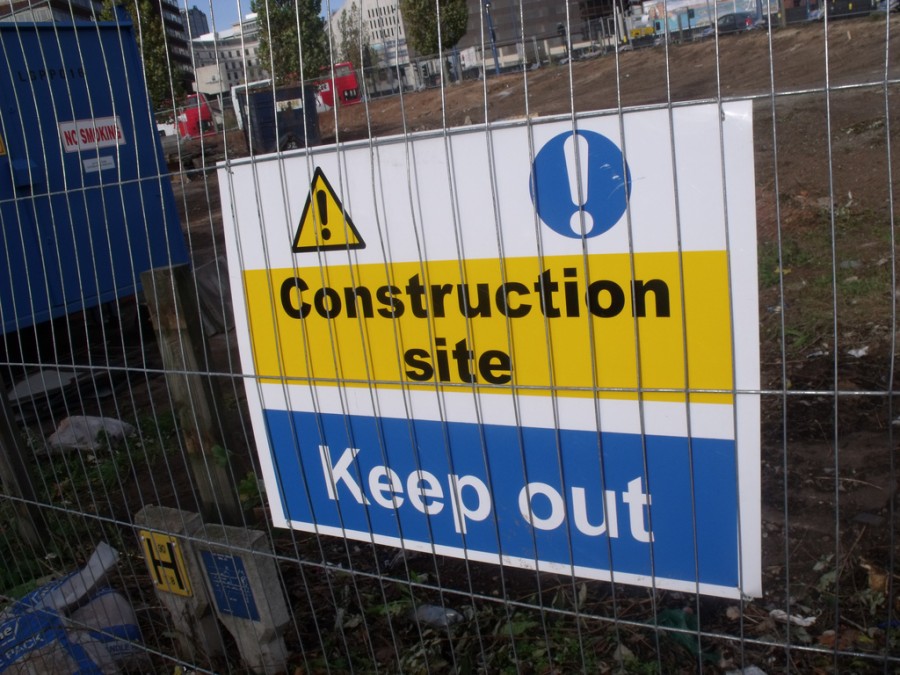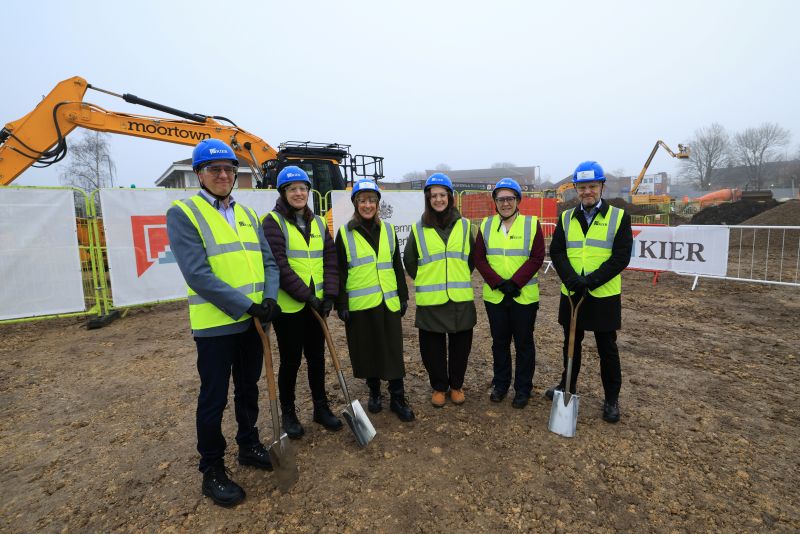Almost three quarters (72%) of construction workers claim that the changing regulatory landscape is one of the biggest causes of the industry’s skills shortage, according to new research.
The findings come as the 2024 UK Trade Skills Index recently revealed that the UK construction sector is short of 700,000 staff and that 350,000 new apprentices are needed in order to deliver the Government’s housing and net zero targets.
The research of 200 construction professionals conducted by Siniat, the UK’s leading lightweight construction manufacturer, also found that 67.5% believe that current skills in the sector are out-dated when considering new regulations and government targets.
The impact of changing regulations and incoming legislation is especially prevalent in medium sized firms (250-500 employees) with 81% citing this as the main reason for the skill shortage in construction.
However, 61% of respondents said that upskilling and re-skilling existing talent would help to ensure a competent workforce which would, in turn, help to plug the skills gap.

Siniat’s Head of Marketing, Andy Mudie, added: “As the industry adjusts to the huge changes implemented under the Building Safety Act last year, it is no secret that the industry is under major pressure to increase standards of building both in terms of performance and sustainability.
“And, with ambitious government targets intending to get Britain building at scale – it’s undeniable that we need to increase skills and competence in the sector.
“Our research shows that SMEs are particularly concerned about changes to regulations, but the issue doesn’t end there. It’s clear that both the government and the sector need to put a solid strategy in place to support businesses not only with upskilling existing team members but also with taking on apprentices and attracting young talent as we deal with ageing workforces within construction.”
The research also uncovered other factors to blame for the skills shortage. These were cited as:
- The loss of EU workers (68.5%)
- Concerns around liability causing firms to employ outsourced workers (66%)
- Increases in minimum and living wage (66%)
Smaller firms (100- 249 employees) said they were most impacted by the loss of EU workers with a staggering 71% saying this had the most detrimental effect on skills in the sector. Conversely, 74.19% of businesses of 250-500 employees said that concerns around liability are to blame.
Iain Mcilwee, CEO of the Finishes and Interiors Sector (FIS), stated: “This research is timely and tells a concerning story. We find ourselves at the epicentre of a competence crisis, one that is currently being masked by a softening in the construction market.
“The reality is that culturally we have not evolved from a reliance on migrant workers, which in parts of the UK made up more than 50% of the workforce. Our existing workforce is ageing and the infrastructure to support the new emphasis on training indigenous workers just isn’t there. Politically, we have also failed to invest effectively in embedding adequate careers advice in schools and structure support for further education.
“Skills England has a huge challenge, and, as we move into 2025 the full impact will start to be felt on housebuilding targets and the delivering the socio and economic potential of construction. A long term strategy is essential, but in this we cannot fail to recognise the need to look at the immediacy of the problem and how we can better support employers in making the investment required in training.”
Siniat itself has committed to a continuous investment into the training of its people both through its apprenticeship schemes and by upskilling the current workforce. Recently, 25 members of its team underwent comprehensive fire training and have now achieved the Institution of Fire Engineers (IFE) Level 3 qualification in passive fire protection.
Further to this, to support its partners with meeting the requirements of the Building Safety Act and the provision of a golden thread of information, Siniat continues to develop their specification platform, MySiniat. The platform grants Siniat partners with real time access to CAD files, fire classification reports, acoustic reports and datasheets to enable a smooth specification process.




















